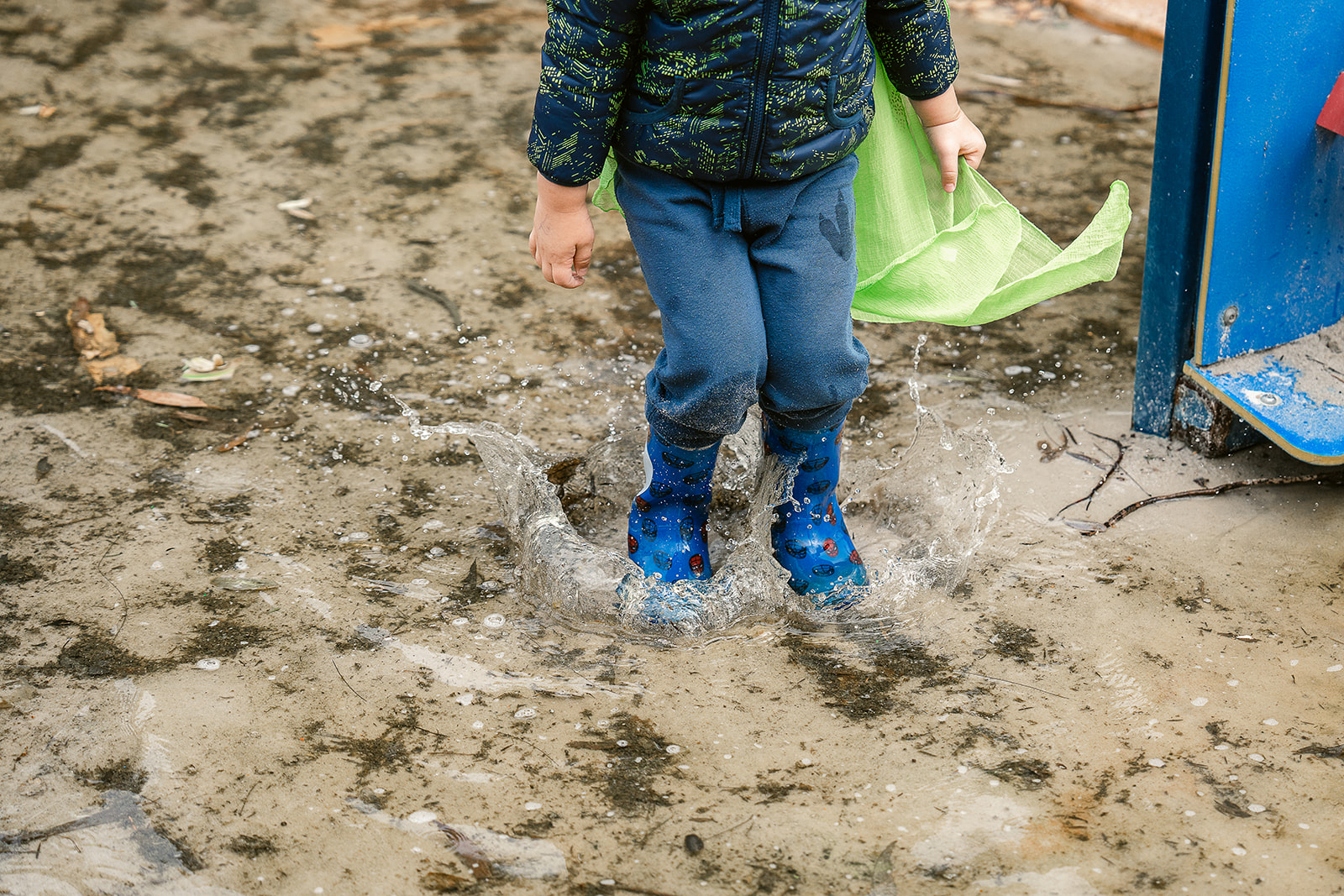Search
Showing results for "Au"
Research
Seizure variables and their relationship to genotype and functional abilities in the CDKL5 disorderEpilepsy is pervasive but not mandatory for the CDKL5 disorder, and genotype and functional abilities were related to seizure frequency
Research
Trends in sugar supply and consumption in Australia: is there an Australian Paradox?High consumption of refined carbohydrate, in particular sugar, has been identified as a possible contributory factor in greater risk of excess weight gain.
Research
The phenotype associated with a large deletion on MECP2Multiplex ligation-dependent Probe Amplification (MLPA) has become available for the detection of a large deletion on the MECP2 gene.
Research
Fetal head circumference growth in children with specific language impairmentThe aim was to characterise fetal brain growth in children with specific language impairment (SLI). A nested case-control study was set in Perth, WA.
Research
Genetic Research and Aboriginal and Torres Strait Islander AustraliansHuman genetic research promises to deliver a range of health benefits to the population. Here we consider how the different levels of Indigenous research...
Research
Rare childhood cancers—an increasing entity requiring the need for global consensus and collaborationRare childhood cancers have not benefited to the same extent from the gains that have been made for their frequently occurring counterparts.
Research
Rheumatic heart disease in Indigenous young peoplesIndigenous children and young peoples live with an inequitable burden of acute rheumatic fever and rheumatic heart disease. In this Review, we focus on the epidemiological burden and lived experience of these conditions for Indigenous young peoples in Australia, New Zealand, and Canada. We outline the direct and indirect drivers of rheumatic heart disease risk and their mitigation.
Research
Clinical protocol for a longitudinal cohort study to identify markers of vaccine immunogenicity in newborn infants in the gambia and papua New GuineaImmunity is distinct in early life and greater precision is required in our understanding of mechanisms of early life protection to inform development of new pediatric vaccines

News & Events
Jake's diabetes journeyJake's diabetes journey Age when diagnosed; two years-old, almost three.

Interventions and explorations that focus on modifiable elements of the early life environment are being investigated, to assess and improve all aspects of physical and psychological wellbeing - both in childhood and in later life. These include nutrition, physical activity, time in nature, built environments, plastics and pollutants.
